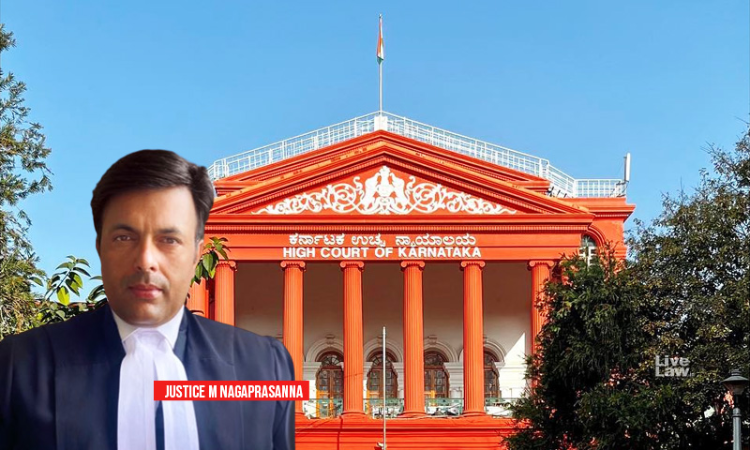The Karnataka High Court has held that the disciplinary proceedings instituted against a bank employee, who happens to be a member of the Scheduled Caste community and is accused of committing irregularities, cannot be challenged under Section 3(1)(p) of the SC/ST Act, after such employee has accepted the penalty and has received the pension. Section 3(1)(p) directs that a false, malicious...

